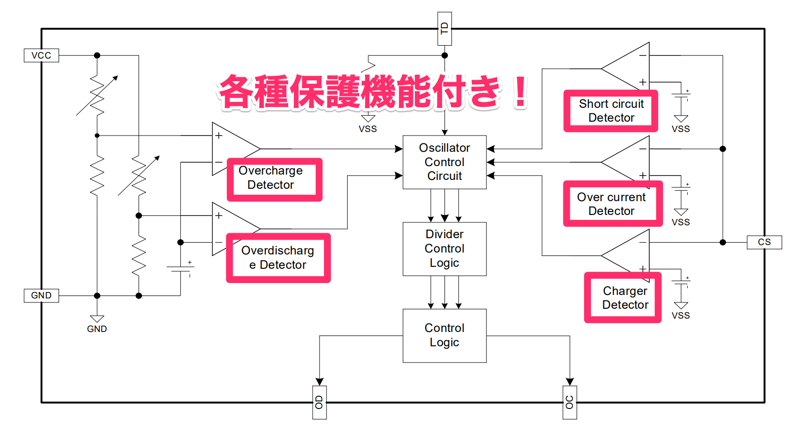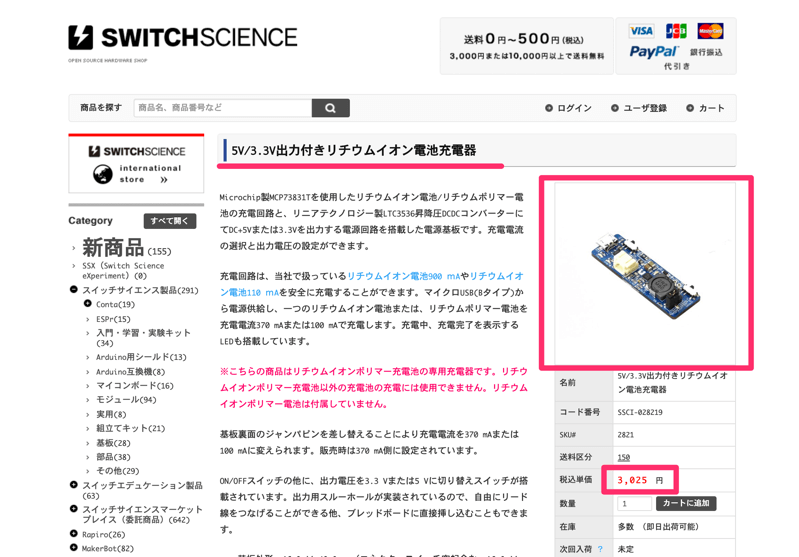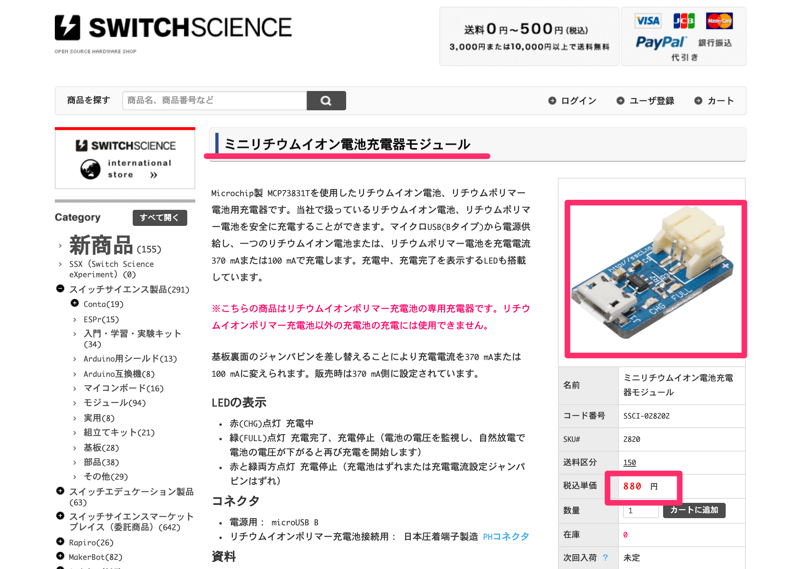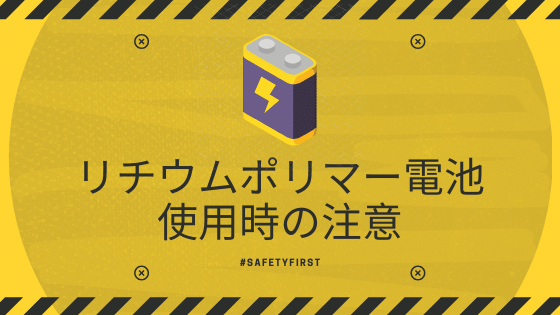Good evening, this is Bono.
When you are working with electronics, you often want a long-lasting battery.
In such cases, lithium polymer batteries are always one of the candidates.
Smartphones and electronic devices are also often used in exhibits.
What is the best way to actually use it here? I will leave this as a reminder of the following.
Incidentally, the lithium batteries that are often referred to are generally these lithium polymer batteries.
intended audience
Dangers of Lithium Polymer Batteries
Let’s start with an awareness of the lithium polymer danger.
Lithium polymer batteries are used everywhere, but as shown in the video below, they can smoke violently and explode if shocked or overcharged.
Thus, we can see that lithium polymer batteries are very dangerous.
In light of this, we have included a list of things to keep in mind when using lithium polymer batteries.
Precautions in Battery Selection
There are three main points to note
Is capacity the minimum required?
As shown in the video below, in the worst case the lithium polymer battery will explode.
The power of this explosion is expected to increase in proportion to its capacity.
Although it is a trade-off for convenience, it is advisable to keep capacity to the minimum necessary in case of emergency.
With protection circuit?
Basically, most of the ones on the market are with protective circuits, but check to be sure.
The following is an example of a protection circuit.
Taken from the specification sheet of the protection IC in the DTP401525/110mAh on hand, Fortune’s /DW01-P/110mAh.

fa-arrow-circle-right External Link DW01-P-DS-16_EN_56033.pdf
According to this, the “protection circuit” actually includes output short-circuit detection, over-current detection, over-voltage detection, and over-discharge detection, all in a single IC. It is an excellent thing, isn’t it?
Do we really need a charging function?
Lithium polymer batteries carry the risk of explosion.
If alkaline or button batteries can be substituted, they should definitely be selected.
Charging board cautions
There are several types of lithium polymer battery charging substrates, so choose the one that best suits your application.
I try to use commercially available and domestic charging boards, even if they are a bit expensive, because I don’t want my house to burn down.
With DCDC converter and charge/discharge control function
My favorite product is this one by Switch Science.

fa-arrow-circle-right External Links Lithium-ion battery charger with 5V/3.3V output – Switch Science
A 5V or 3.3V DCDC converter and charging/discharging control are housed on a single board, making it very easy to use.
The price is 3,000 yen, so it is not cheap, but it is very useful.
I would like to have one of these boards.
Charge/discharge control function only
Unlike the above, this one does not have DCDC, only charge/discharge control function.

fa-arrow-circle-right External Links Mini Lithium-ion Battery Charger Module – Switch Science
The lack of DCDC makes the board size smaller and less expensive.
If you want to produce your own favorite voltage and prepare DCDC on your own, this is a good choice! This is a good choice when you want to produce your own voltage and need to provide your own DCDC!
Other
There are boards that display voltage values on an 8-segment display, boards offered as Arduino shields, etc.
Storage Precautions
Do not be relieved just because you are not using it!
Care must also be taken when storing.
Insulate terminals
If the terminals are exposed, insulate them with insulation tape.
If you do not have insulation tape, substitute cellophane tape at worst.
The resistance is not controlled, but it is much safer than not.
Stored in a special lithium polymer bag
I keep mine in a bag for flame retardant lithium polymers in case of emergency.
in the end
In this article, we have explained the precautions to be taken when using lithium polymer batteries.
I will repeat this again and again because it is important, but while lithium polymer batteries are convenient, they are also very dangerous.
To avoid the worst from happening to your enjoyable electronics work, please follow these rules and have fun with your electronics work!
 Start electronics
Start electronics 





